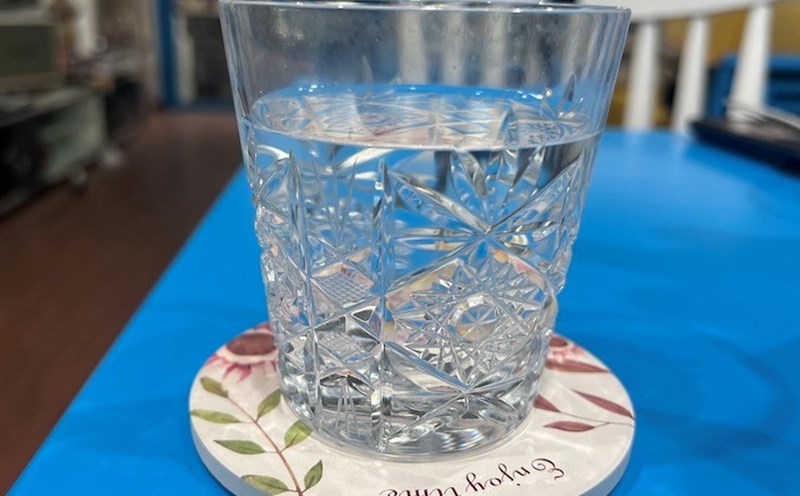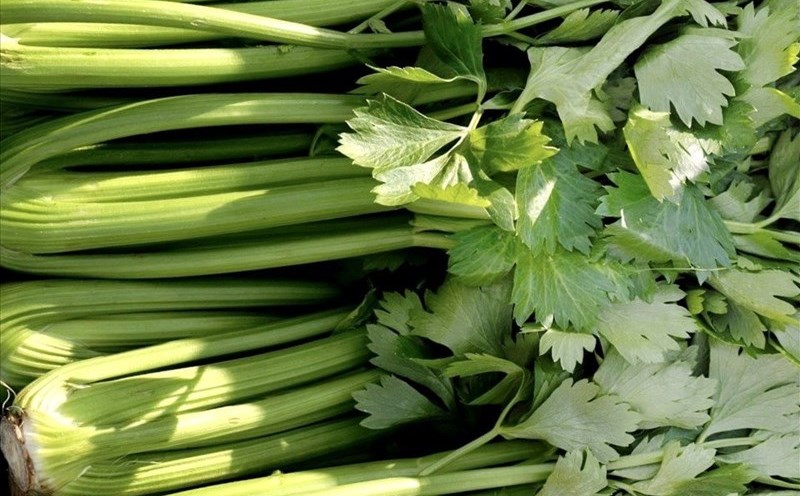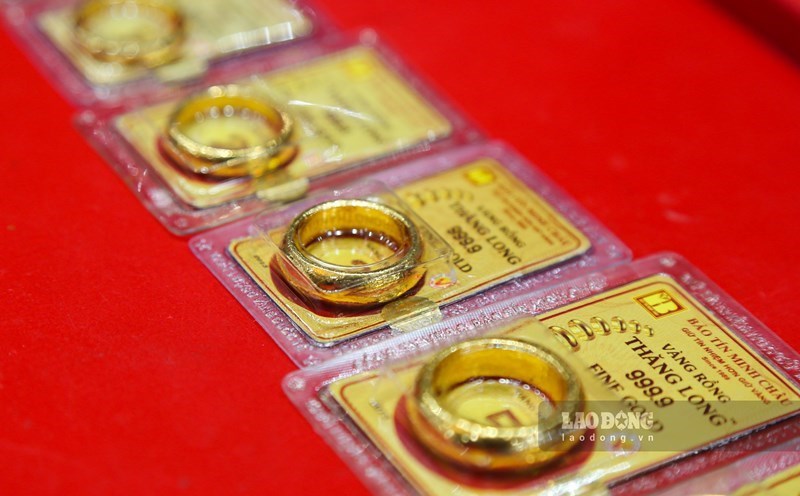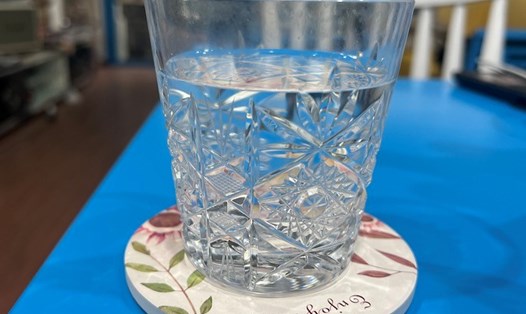One of the key mechanisms to reduce uric acid production is to inhibit the enzyme xanthine oxidase (XOD), the target of many drugs to treat hyperuricemia.
Recent chemical analysis and in vitro testing have determined that many flavonoids and compounds in celery seeds (such as apigenin, phthalide) have the ability to inhibit XOD, reducing urate production from purines.
Research and analysis of celery seeds have confirmed the strong XOD inhibitory activities of some ingredients, suggesting a scientific basis for the effectiveness of lowering uric acid.
Experimental studies on mice and rabbits with increased uric acid showed that celery extract significantly reduces uricemia levels; in some studies, the effects of the extract are almost equivalent to allopurinol (a drug inhibitor XOD) in the short term.
This result not only supports the hypothesis of reducing urate bioavailability but also shows that celery seeds have anti-inflammatory and antioxidant properties, two factors that help prevent kidney damage caused by urate crystals.
In addition to the direct effect on uric synthesis, celery seeds are rich in flavonoids and antioxidants that can reduce oxidative stress and inflammatory response in kidney tissue, thereby protecting renal Tube cells and improving renal globular filtering (GFR) in pre-clinical studies.
When using fresh celery seeds, consumers often make tea, puree or use standardized extract tablets. People with chronic diseases should consult a doctor before using.
Some people may be allergic or have digestive reactions; pregnant women, breastfeeding women, or people taking blood pressure or diabetes medication need to be cautious.
Celery seeds are a notable source of biological compounds with preclinical evidence of inhibiting xanthine oxidase, reducing inflammation and protecting the kidneys, a reasonable basis for reducing uric acid and supporting kidney function.
Currently, celery seeds can be considered a safe supplement if used properly and with medical monitoring.











